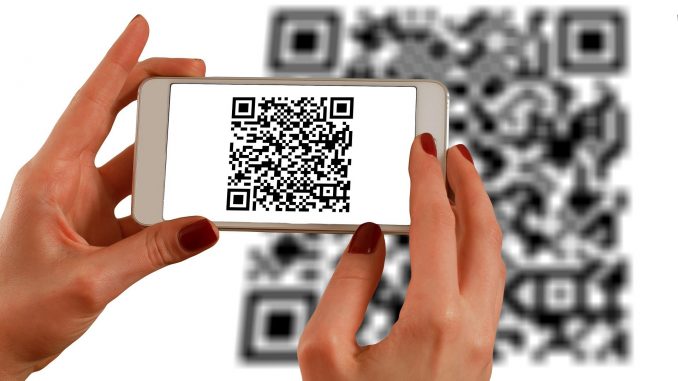
As QR codes have become more popular, experts have warned that they could pose a security risk. With the dangers including having your personal or financial data stolen, consumers need to take precautions to protect themselves against scammers and criminals.
The FBI recently released a report about the security of QR codes, which are used for a variety of purposes including confirming deliveries for packages, paying for parking, or ordering food in a restaurant. Experts have agreed that the general public should be wary of security threats.
In an article in Scamicide, attorney Steven Weisman warned that: “Unfortunately as the popularity of QR codes has increased with the public, its popularity has also increased with scammers who are setting up phoney QR codes to lure you to their bogus website where they solicit personal information used for identity theft or persuade you to make a payment with a credit card.
Or even in some instances, merely by scanning the phoney QR code, you will download harmful malware such as ransomware or even malware that will enable the scammer to take over your email account.”
QR codes aren’t automatically dangerous. But, there are some risks involved and scammers have found a multitude of ways to exploit people.
For example, you could be redirected to a fake website for phishing purposes. After entering your details on the website, which usually includes sensitive information like credit card numbers, scammers can use your data for financial fraud or identity theft.
Another possibility is that scanning a QR code could download malware onto your device. This could be used to spy on you, steal your sensitive information or even encrypt your device and demand that you pay a ransom to remove it.
Other scams could trigger an email, text, phone call, or even payments to be sent from your accounts. This can be particularly dangerous for consumers.


Leave a Reply